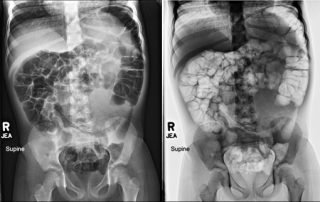Letter From The Editor- Fall 2017
Welcome back! The fall edition is here with an exciting line up of articles. From acute myocardial infarction to physician burnout to violence in the emergency department, The Fast Track covers a gamut of topics you want to be familiar with as a resident or student in emergency medicine. Hopefully, [...]

